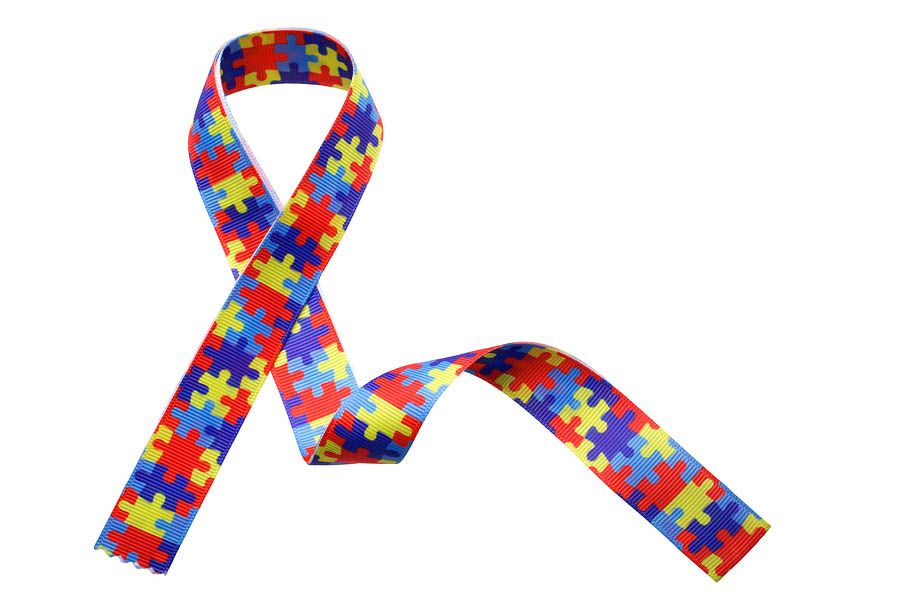Undiagnosed Autism in Adults
Category:

April is Autism Awareness month, and as such, we want to cover a facet of autism that doesn’t get as much attention as others. While the majority of autism awareness is focused around children, autism doesn’t go away once a person turns 18. In fact, though diagnosis of autism has improved greatly in recent years, there are many adults out there who are on the spectrum but have never been diagnosed. This piece will explore the signs and symptoms of autism in adults as well as all the benefits of being properly diagnosed.
Failure to Diagnose
One of the main reasons that autism is diagnosed more in children today than it used to be is because we understand it better. Nowadays, there is a great deal of progress in recognizing early predictors of autism in children. Diagnosis used to be based on psychoanalysis, but now it’s based on scientific factors. It used to be thought that women didn’t experience autism rates as high as men, but it turns out that their symptoms are typically more easily hidden. Regardless of gender though, there are many older adults who demonstrate symptoms of autism but were never diagnosed.
Importance of Diagnosis
One might wonder if a diagnosis is really important, especially for elderly adults who have lived most of their lives without being diagnosed. A diagnosis is important for people with autism (and any medical condition) for many reasons. On a personal level, people are able to cope a lot better when they understand why their bodies and minds behave the way they do. Instead of becoming frustrated with themselves, they can recognize the reasons for their struggles and address them appropriately. There are also studies that indicate that people are more understanding of and favorable toward people with autism when they are aware of their diagnosis. This can mainly be attributed to being more able to accept differences when they’re given a logical explanation for them.
A diagnosis is particularly important for older adults as it can help caregivers and medical professionals understand how multiple health conditions are interacting. Social workers, nurses, and doctors can all give better care to vulnerable populations when they better understand their full situation.
Signs of Autism in Adults
Autism is a spectrum, and there are different symptoms for different ranges of the spectrum. People’s personalities are also subject to uniqueness, so displaying some of the symptoms isn’t always going to result in a diagnosis of autism. However, there are signs that someone could be autistic, and understanding these signs and seeking a diagnosis can help aging adults and their caregivers understand the individual’s needs. Common signs of autism in adults include:
- Lack of nonverbal communication skills like eye contact, body language, and facial expressions
- Inability to relate to or express empathy with others
- Focus on a very few, specific interests and lack of curiosity in anything else
- Repetitive and ritualistic behaviors
Of course, a lot of these symptoms are shared with other conditions, including dementia, and many mental disorders. When trying to determine the cause of behaviors, it’s important to consider whether behaviors are new or have always been present but might be exacerbated by recent experiences. If you’re curious about the potential of autism in yourself, a partner, or a loved one, it can help to start with your own research, but you’ll definitely want to consult a doctor about your concerns.
Autism Awareness Month is a great time to become more associated with the signs of autism and learn from people with the condition about how they cope, what has helped them live happy, productive lives, and how our healthcare and support systems can be more accessible to people with this common condition.
Subscribe
Date: April 12, 2018
Category: